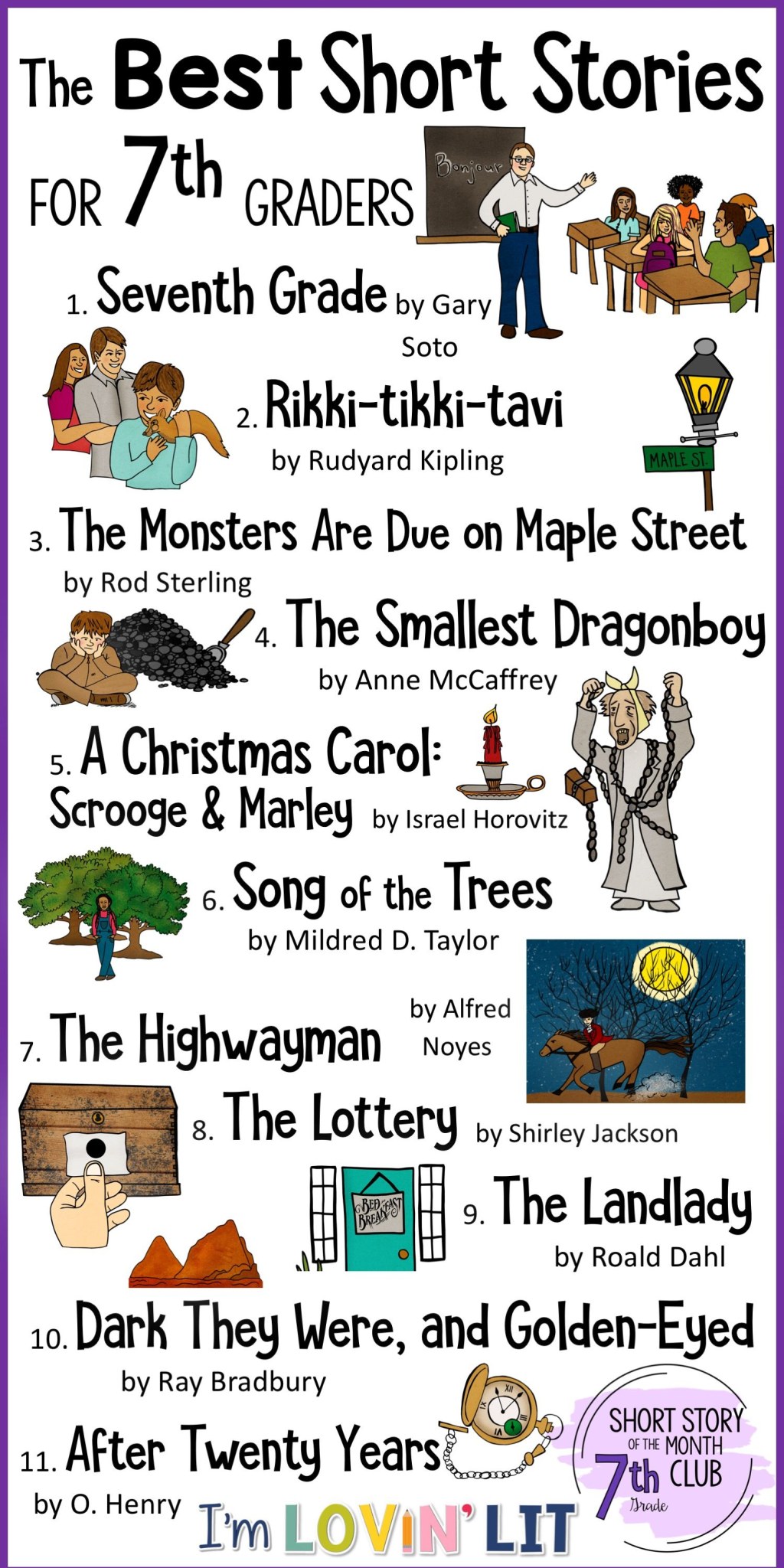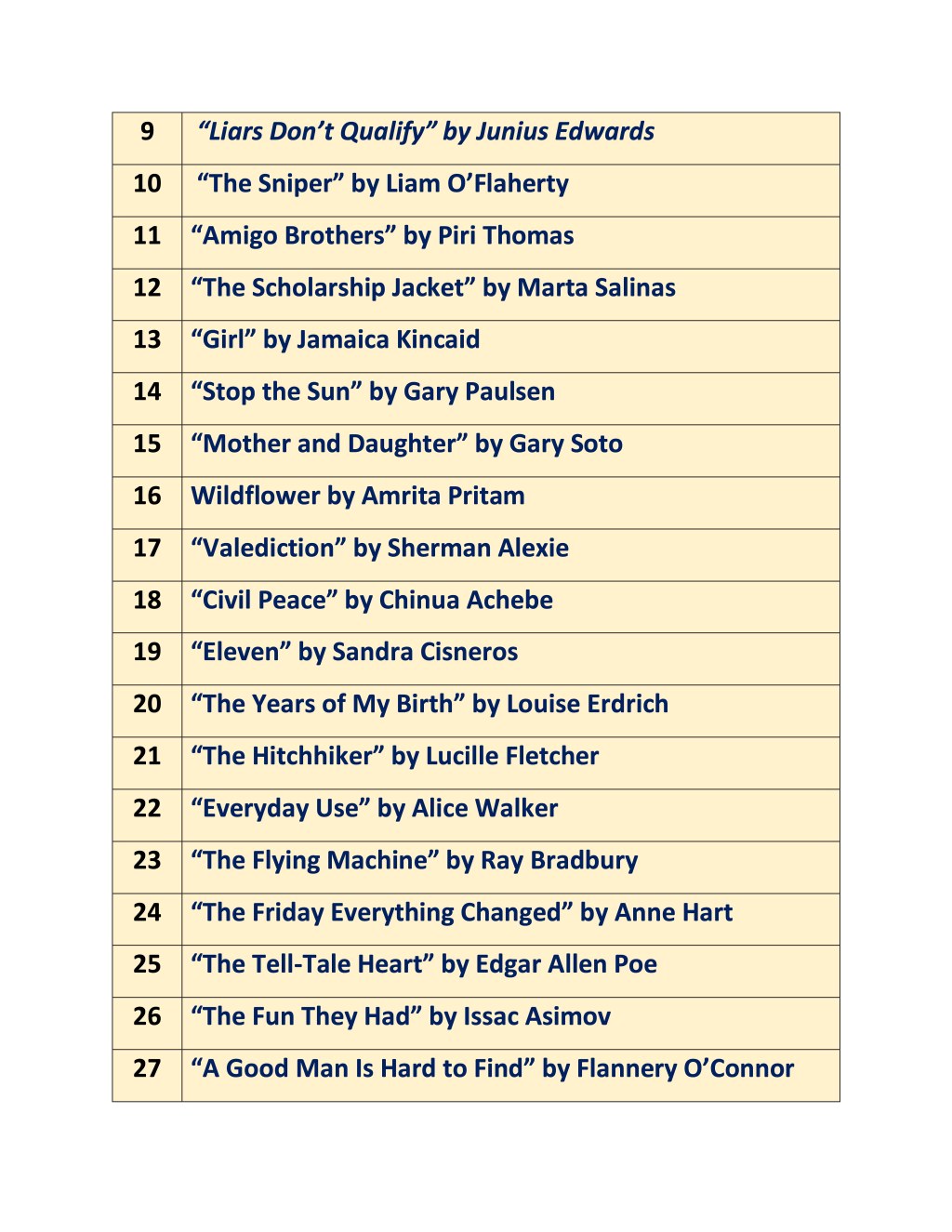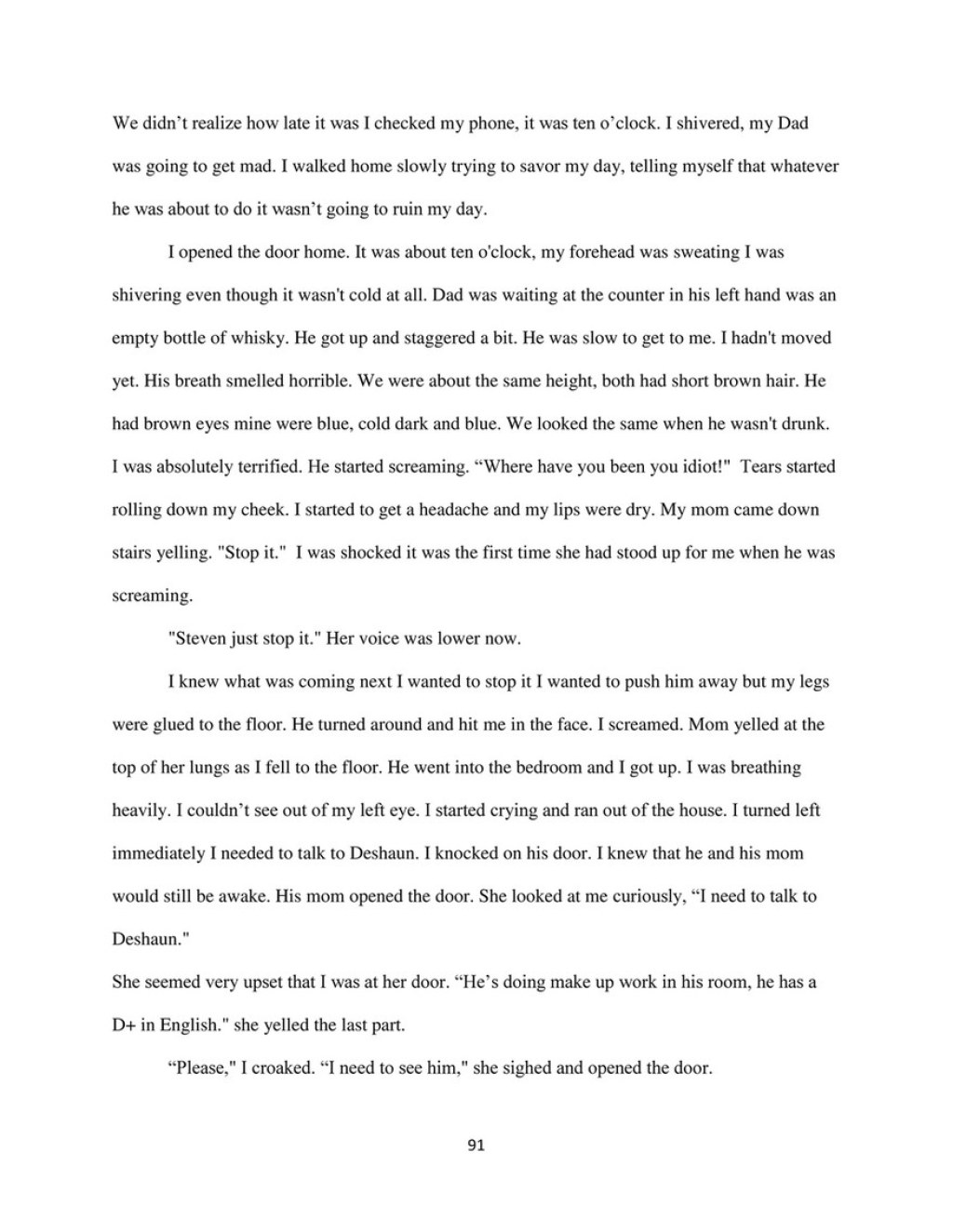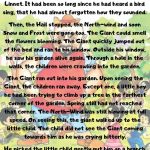Engaging 7th Grade Short Stories: Unlock Your Imagination Now!
Short Stories 7th Grade: A Journey into Imagination and Learning
Introduction
Hello Readers,
3 Picture Gallery: Engaging 7th Grade Short Stories: Unlock Your Imagination Now!



Welcome to a fascinating world of short stories designed specifically for 7th graders. In this article, we will explore the importance of short stories as an educational tool, their benefits, and how they can enhance the learning experience of students in the 7th grade. Short stories are not only entertaining but also provide valuable lessons, promote critical thinking, and help develop language skills. So, let’s dive into the enchanting realm of short stories and discover their wonders!
What are Short Stories?

Image Source: pinimg.com
Short stories are brief, fictional narratives that focus on a single character or event. They are concise yet impactful, capturing the reader’s attention while conveying a powerful message or lesson. These stories are designed to be read in one sitting, making them ideal for young readers with a limited attention span. Short stories often revolve around relatable themes, portraying real-life situations or exploring imaginative realms.
Who Writes Short Stories for 7th Graders?
Various authors specialize in writing short stories specifically tailored to the interests and understanding of 7th graders. These authors have a deep understanding of the cognitive abilities and emotional development of this age group. They craft stories that resonate with 7th graders, capturing their attention and sparking their imagination. Their stories engage young readers, encouraging them to explore different genres and develop a love for reading.
When Should 7th Graders Read Short Stories?
Short stories can be integrated into the curriculum and read throughout the school year. They can be assigned as independent reading, read aloud in class, or used as a basis for discussion and analysis. Teachers may choose to incorporate short stories into specific units or themes, such as character development, plot structure, or moral dilemmas. By incorporating short stories into the curriculum, 7th graders can further develop their reading comprehension skills and literary analysis abilities.
Where Can 7th Graders Find Short Stories?

Image Source: forbest.com
Short stories for 7th graders can be found in various sources, both online and offline. Libraries often have dedicated sections for young adult fiction, including anthologies or collections of short stories. Educational websites and online platforms also offer a wide range of short stories specifically curated for 7th graders. Additionally, teachers can provide their students with recommended reading lists or access to online platforms that offer a selection of short stories.
Why Are Short Stories Beneficial for 7th Graders?
Short stories offer numerous benefits for 7th graders, both academically and personally. They provide a concise yet complete narrative structure that helps students understand storytelling elements such as plot, characterization, and conflict resolution. Short stories also expose students to various writing styles and genres, expanding their literary horizons. Additionally, these stories promote critical thinking skills, as students analyze characters’ motivations and actions.

Image Source: publitas.com
Furthermore, short stories encourage empathy and emotional intelligence, as students connect with characters and understand their perspectives. They also foster creativity and imagination, allowing students to envision different worlds and scenarios. By reading short stories, 7th graders develop language skills, expand their vocabulary, and improve their overall reading and comprehension abilities.
How Can 7th Graders Benefit from Short Stories?
Short stories provide 7th graders with a multitude of benefits. They enhance reading comprehension skills by engaging students in active reading and encouraging them to think critically about the text. Short stories expose students to a variety of writing styles, promoting an appreciation for literature and helping them develop their own writing skills. The concise nature of short stories also helps improve attention span and concentration, preparing students for more complex reading materials.
Moreover, short stories spark imagination and creativity, fostering a love for storytelling and literature. They allow students to explore different perspectives, cultures, and time periods, broadening their understanding of the world around them. Through the analysis of characters and themes, 7th graders develop critical thinking skills and learn to extract deeper meaning from texts. Overall, short stories offer a holistic learning experience that combines entertainment with educational value.
Advantages and Disadvantages of Short Stories for 7th Graders
Like any educational tool, short stories have both advantages and disadvantages. Let’s explore these pros and cons to gain a comprehensive understanding:
Advantages:
1. Enhances reading comprehension and vocabulary skills: Short stories expose students to a variety of language structures, helping them expand their vocabulary and improve their understanding of written texts.
2. Promotes critical thinking and analysis: Analyzing characters, themes, and plot structures in short stories encourages students to think critically and interpret texts in a deeper, more meaningful way.
3. Fosters creativity and imagination: Short stories transport students to different worlds and scenarios, stimulating their imagination and nurturing their creativity.
4. Develops empathy and emotional intelligence: Connecting with characters and understanding their experiences cultivates empathy and emotional intelligence in 7th graders.
5. Provides bite-sized reading material: The concise nature of short stories suits the attention span of 7th graders, making them more likely to engage with the text and complete the story.
Disadvantages:
1. Limited depth and complexity: Due to their brevity, short stories may not explore complex themes or character development as extensively as novels or longer works of fiction.
2. Potential lack of connection: Not all 7th graders may connect with every short story they read, as personal interests and preferences vary.
3. Time constraints: Incorporating short stories into the curriculum requires careful planning and time management, ensuring that they do not overshadow other essential learning materials.
4. Limited context: Short stories often provide limited contextual information, requiring students to infer or research additional information to fully grasp the story’s background or setting.
5. Possible oversimplification: Some short stories may oversimplify complex concepts or issues, potentially limiting students’ understanding or critical thinking abilities.
Frequently Asked Questions (FAQ)
1. Are short stories suitable for all 7th graders?
Yes, short stories are designed to cater to the cognitive abilities and interests of 7th graders. However, individual preferences may vary, so it’s essential to offer a diverse selection of stories to engage all students.
2. How can I incorporate short stories into my 7th-grade curriculum?
Short stories can be integrated into various subjects, such as English language arts, social studies, or even science. Choose stories that align with the curriculum’s objectives and create engaging activities to accompany the readings.
3. Can short stories improve students’ writing skills?
Absolutely! Short stories expose students to different writing styles and techniques, inspiring them to develop their own storytelling abilities. Analyzing the structure and language of short stories can enhance students’ writing skills.
4. Where can I find short stories suitable for 7th graders?
Libraries, educational websites, and online platforms dedicated to young adult literature offer a wide range of short stories suitable for 7th graders. Teachers can also curate their own collections based on the students’ interests and curriculum requirements.
5. How do short stories benefit students beyond the academic realm?
Short stories encourage personal growth by fostering empathy, emotional intelligence, and creativity. They provide an avenue for self-reflection and help students develop a broader understanding of the world and its diverse perspectives.
Conclusion
As we conclude our exploration of short stories for 7th graders, it is clear that these narratives offer a multitude of benefits. From enhancing reading comprehension and critical thinking skills to nurturing creativity and empathy, short stories provide a holistic learning experience. By incorporating short stories into the curriculum, educators can ignite a passion for literature while helping students develop essential skills for their academic and personal growth. So, let us embrace the magic of short stories and embark on a journey of imagination and discovery!
Final Remarks
Dear Readers,
Short stories for 7th graders hold the power to captivate young minds, stimulate their intellect, and ignite their imagination. However, it is important to remember that not all short stories will resonate with every student. Educators and parents must continuously seek engaging and diverse stories to cater to individual interests and foster a love for reading. Let us celebrate the wonders of short stories and inspire the next generation of readers and storytellers.
This post topic: Children's Literature

